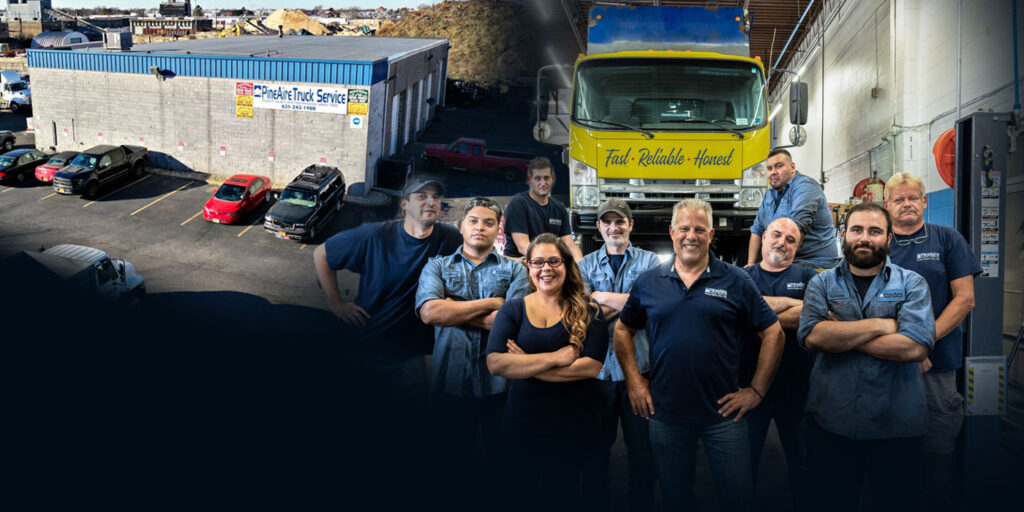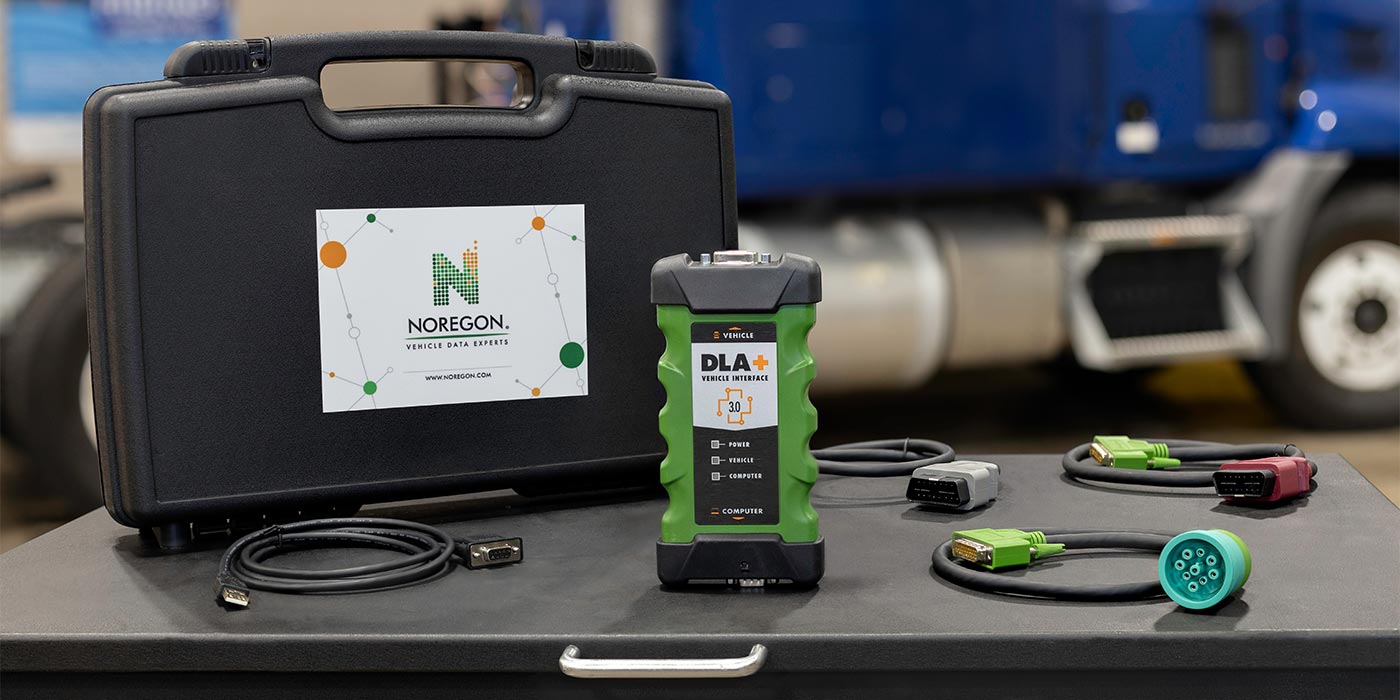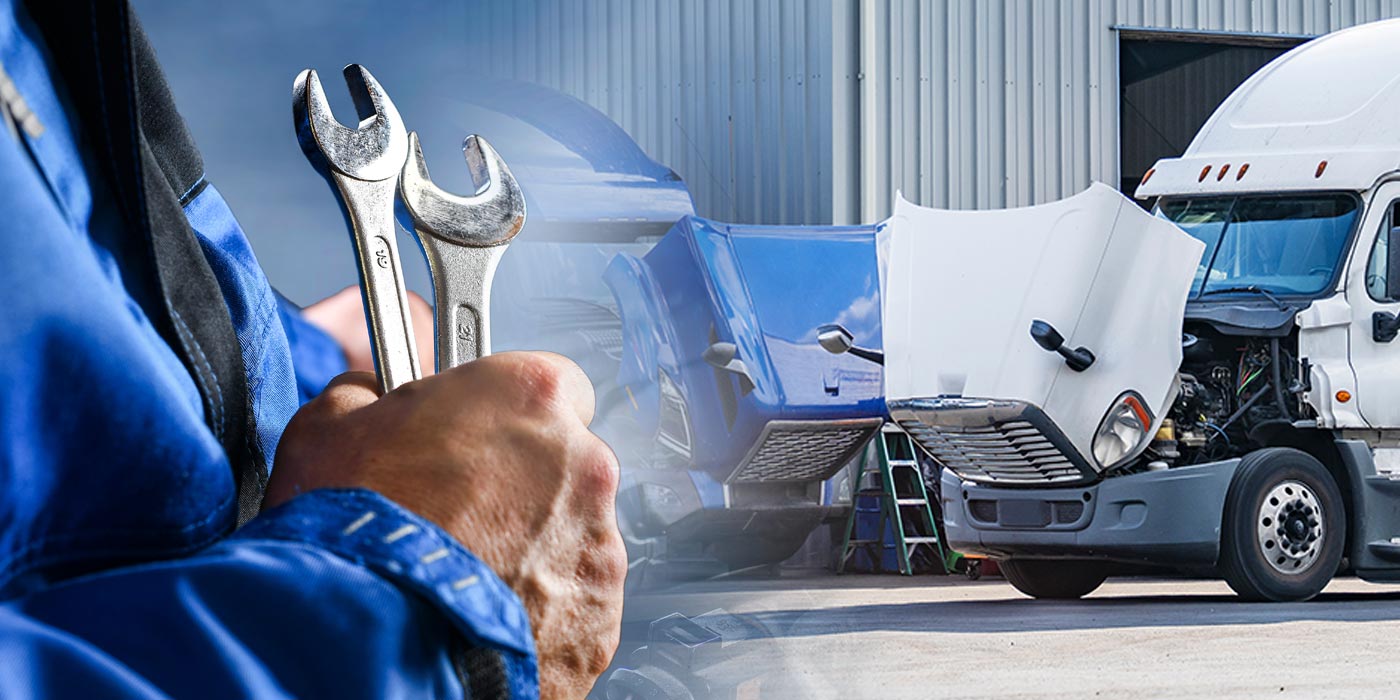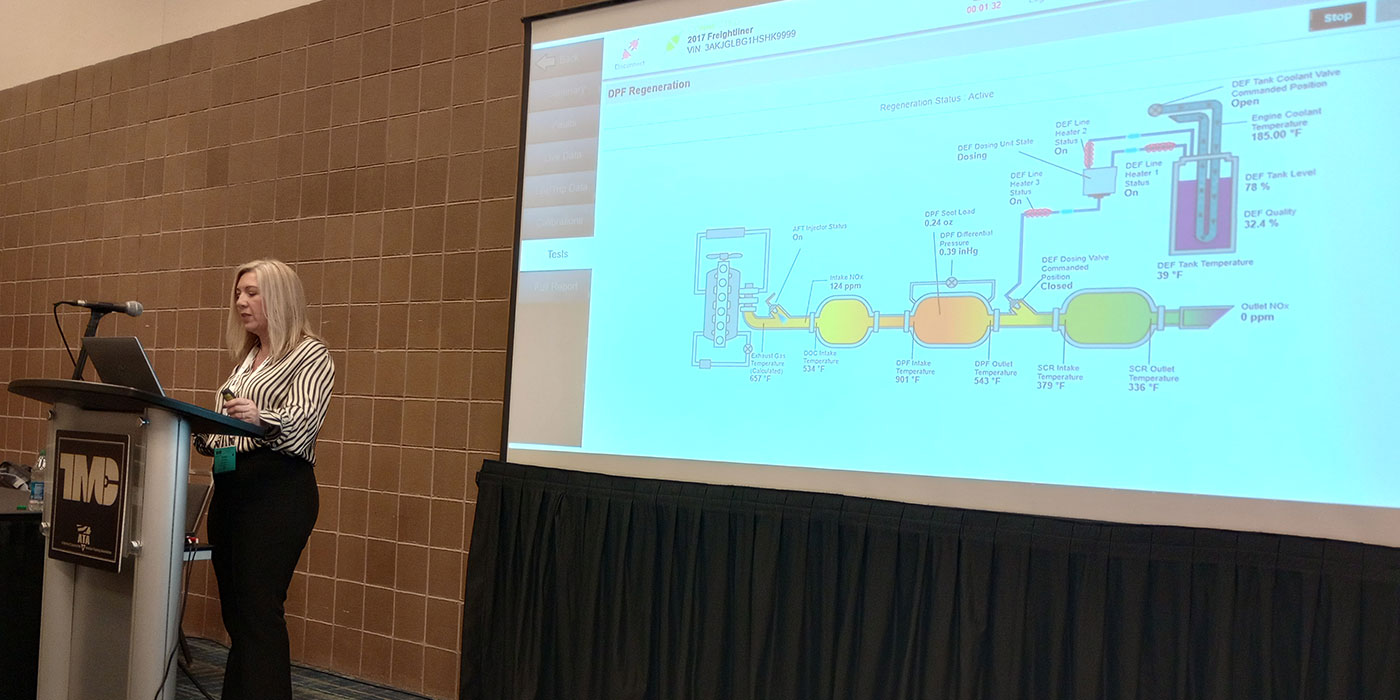Look up “leadership” and words like authority, command, control and power come up. If business owners think of Leadership skills in those terms, chances are that they will fail. But look up the term, “help,” and you’ll see synonyms like: advice and guidance. That set of words are much more on the “leadership” mark. In my more than 35 years in the trucking industry, I’ve had many ups and downs as I developed the right skills to be able to lead a team to success. Of course, if you would have tried to predict my success based on the first shop I owned, you would have been more likely to predict it with one word: disaster.
To be a strong leader, you need to have the confidence to guide both your business and crew. After all, you want that new tech to be better than you were 10 years ago. You need them to be up on the latest technology and be open to learn more. You need them to be faster and more productive than you were on your best day.
Bottom line: A good leader grows in his or her own capability and confidence and encourages employees to grow and become everything they want to become.
It takes time to recognize the importance of growing as a leader. How do you do it? What does it entail and how do you get started? It may help to think about where you started, where you are now, and where you want to go with the goal of being a strong, respected leader.
Who you were then
Think about who you were back in school. Did you have a bravado that covered up insecurities? If you did, you didn’t want to let on that you weren’t as confident as you projected to others. Being confident in what you know—and being comfortable with what you don’t know (and want to learn)—is something that comes from age.
As a kid, I was never the leader. I was always a kid that wanted to be liked and included. I was actually pretty quiet and shy as a young person. I had a good sense of humor and a gentle personality that made it easy for me to fit in. I have two brothers and a sister; we are a tight family who ate dinner together every evening. Dinner included lively conversations and a humorous back and forth between us. Thinking back, that was when I developed my sense of humor and my comic timing. I had to be quick at the dinner table or else I would be shut out.
I opened Pine Aire Truck Service when I was only 25 years old. As an owner, I put a lot of focus on wanting to be liked along with wanting to be significant in the success of the company.
I did then, and still believe today, in leading by example, and I discuss this with every employee on a consistent basis.
As a young shop owner, I tried to do everything I could to show the people working with me that I was one of them and not the owner. This approach might work well for a manager, but as an owner it stunted the growth of our company. I felt the need to prove that I was a top producer in the shop in addition to being the owner—working on the trucks, training to work on the trucks, writing invoices, selling jobs, handling financial issues, hiring. But in reality, I wasn’t running the business. The business was running me. (And not paying me well.) I was overwhelmed.
After about 20 years, I made the decision to concentrate on being a business owner and working on the business. That meant taking a step away from the minute-to-minute activities. This is when I would say that I was starting to become a solid leader.
Who you are now
Today, what kind of leader are you? Have you grown since opening your business? It’s important to evolve, both the business and as a person, and that includes your leadership skills. Right now, your core skills as an owner should be established. Your confidence and communication skills have grown since opening your shop, as has managing your direct reports. You’re likely prioritizing issues on a daily, weekly and yearly basis—knowing what’s important and what needs your personal attention as opposed to a task that a team member can complete. Networking with fellow business owners should also now be part of your leadership toolbox.
Through the years I’ve come to realize that to be successful you need to separate the different tasks that are needed to properly run and grow a successful business. You cannot do everything yourself. That realization made me into a different type of leader. I needed to have the confidence that others can do many of the tasks that I was doing, maybe even better than the way I did them. I got to know other business owners and grew to look up to themThrough the years I’ve come to realize that to be successful you need to separate the different tasks that are needed to properly run and grow a successful business. You cannot do everything yourself. That realization made me into a different type of leader. I needed to have the confidence that others can do many of the tasks that I was doing, maybe even better than the way I did them. I got to know other business owners and grew to look up to them. I asked them questions. I copied the way they led their teams, and I avoided doing things that I saw that I did not like—and not just owners in the trucking industry, but in many different types of industries. I asked them questions. I copied the way they led their teams, and I avoided doing things that I saw that I did not like.
I started asking myself the two questions that I hold today as my standard for what I want to be:
If I was not the owner…
-would I work for this company?
-would I bring my truck here for maintenance and repairs?
It’s important to be honest with yourself. I regularly pull into the property and walk in as if I’ve never been here. I put myself in other people’s shoes.
The reason that I started my own shop was because I broke my butt for someone who I ended up not trusting. If you want to build and keep a great team around you, they need to have the ultimate trust that you are sincere and care about them.
Throughout my ownership training, many of the things that I learned were not comfortable for me, but they needed to be done. I always want to be liked, and still do, but sometimes the best decisions are not immediately popular. One of the most important things learned and still work at is to confront issues as they need to be dealt with and not shying away or hiding from them. This is hard but critical.
Who you want to be
Looking forward and planning the future of your business is a leadership skill that the best business minds have developed over time. At the start of your business, you focus on establishing your shop in the community, debating when to take on new team members, and figuring out how to pay the bills each week. With that under your belt, you focus on growth, training, marketing and maybe even opening up another shop.
While you’re planning the future of the business, you also need to plan the future you. How will you develop as a leader? What tools will you need? Stand back and think about where you want to be as a leader. This self-examination can he hard. It requires you being honest with yourself and not letting your ego get in the way.
Who’s the closest person to you? Your spouse? Your adult child? Who, if you really need it, is going to be straight with you? Because you may need a partner to help focus on the “future you.” Make it someone who’ll know if you’re BS’ing them. To become the leader you want to be, you need to first know who that person is who you want to become. It’s asking yourself, “What do I want to accomplish? To what end? Who do I want to be in 10, 20, 30 years? What will I have stood for?”
It is very important to know how others view you, everyone has an opinion of themselves, but others may see you differently—you need to be aware of this and adjust if necessary.
At the end of the day, I want to be the leader that I would work for. If I worked for me, I would want a clear definition of what is expected of me. I would want to see what my production is so that I could measure how well I was doing. I would want to work for a person that would challenge me and reward me when I went above and beyond.
I want to continue working on my own emotional intelligence. I want to be a strong leader without being a dictator. The subject of leadership is so huge and is studied and written about by so many people from so many different angles.
For my future, I want to continue reading, training, educating myself. I have adopted a leadership philosophy that helps me through the difficult decisions that I have to make. I put myself second to my employees and my company because I want the best for them. One of my biggest battles these days is with my own ego. It is important as a leader to not put attention on yourself, But I know that’s so darn difficult.
I know the best thing for my employees and our company is to promote all the good things that our staff does, and not take too much credit for myself. It sounds so easy to do but it’s not. You educate yourself and then share everything you have with your team. You organize, hire, train and get everyone doing their jobs well.
You acknowledge your team at shop meetings. You tell your staff how important they are to the company’s success. You tell your clients how amazing your staff is. You tell everyone that the success of your company is all due to your staff. Everyone believes how important the team is and it is all true, however you still have an ego and that ego wants attention.
A great leader needs to be selfless and the only way to accomplish that is to truly believe and tell yourself every day that it is not about you. It is about everything except you, and when things are going well, you get to ride along with the team. This is one of the things I keep my attention on and will continue working on in the future.














